We speak to Zoë Chivers (pictured), Head of Services at Bliss, the UK charity for premature and sick babies, to find out what’s known about prematurity and the support available for parents of preterm babies.
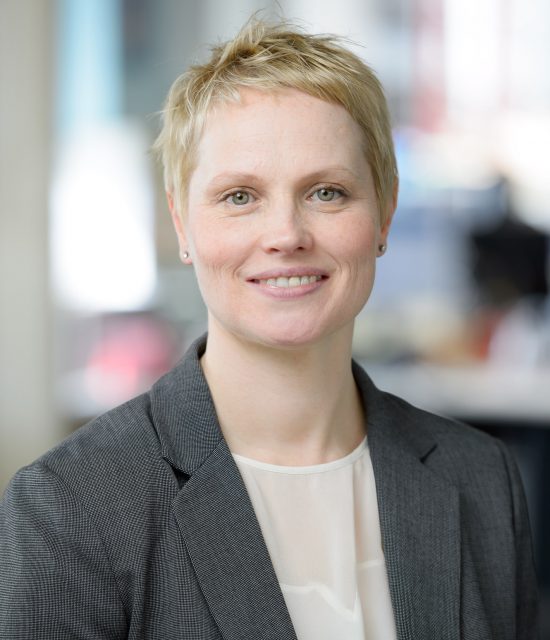
A baby born before 37 weeks gestation is considered premature. Each year 60,000 babies are born prematurely in the UK and most premature births are spontaneous, with no clear cause. Most of these babies will need urgent neonatal care after birth.
Bliss champions the right for every baby born premature or sick to receive the best care by empowering families, influencing policy and practice, and enabling life-changing research.
Bliss is the UK’s leading charity for babies born premature or sick.
We offer emotional and practical support and information to families and equip them with the knowledge and skills they need to provide the best possible care to their baby, for however long they live and for however long their stay in neonatal care.
Through our network of dedicated volunteers we provide face-to-face, phone and email support when familes need it the most.
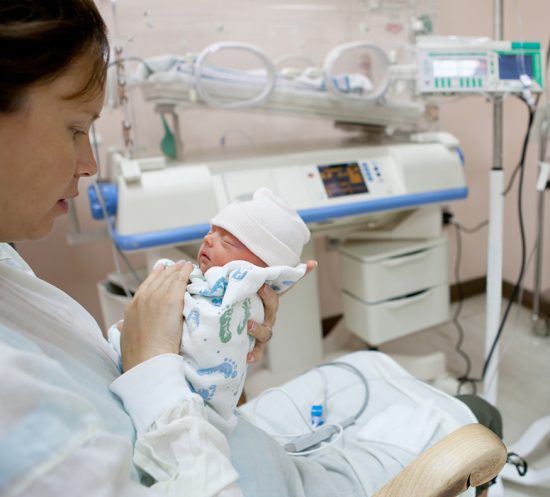
The causes of premature birth are not well understood and for the most part doctors do not know how to prevent it. Babies can be born prematurely for many different reasons:
Looking after yourself during your pregnancy by eating well and keeping active is important, but as little is known about the causes of premature birth, this doesn’t prevent it from happening.
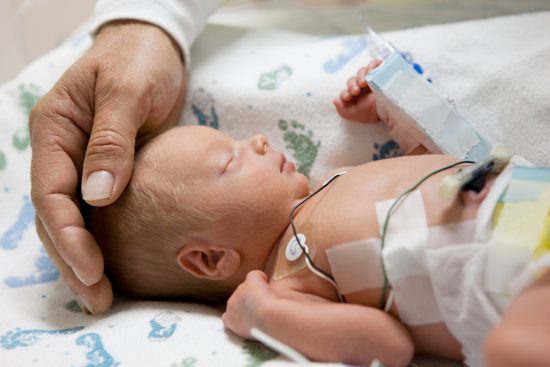
Bliss focuses on improving outcomes for premature babies through training for healthcare professionals.
We also support parents so they can be involved in their babies’ neonatal care (this is called family-centred care, which you can find out about in our video).
Globally, we work as part of the World Prematurity Network to raise awareness and prevent premature births.
Shockingly, prematurity is still the leading cause of death in children under five, but just like here in the UK, other countries are seeing significant improvements in the health and survival of premature babies due to family-centred care.
It can be beneficial to touch your baby – they may find it soothing to feel the gentle pressure of your hands resting on their body, their head, or cupping their feet.
If a baby is born premature and needs treatment on a neonatal unit it can be hard for parents to bond with them.
The following tips can help parents be more involved in their baby’s care, and ensure that they’re not missing out on precious moments together:
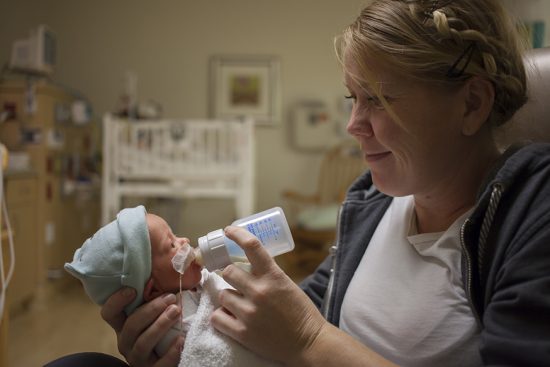
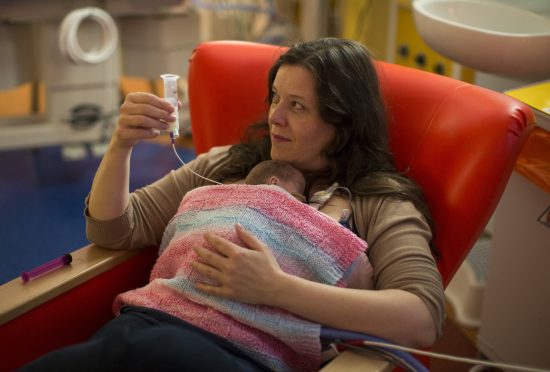
There is lots of information about conditions on the Bliss website and information on the neonatal unit.
Parents can call or email the Bliss helpline, or if they are on a neonatal unit where Bliss Champions are based they can receive face-to-face support too. Bliss information for parents can be found on our website, as well as print publications which are available on some units and free of charge through our online shop.
For peer support and to read about other families’ experiences, parents can also visit the Bliss and Netmums forum.
Support for parents of premature or sick babies
Information about World Prematurity Day 2017
About the Bliss and Netmums forum
Twitter @Blisscharity
Share what #PrematurityIs to you on Facebook
Check out Instagram
Bliss has created the Bliss Baby Cards, which celebrate each milestone in a baby’s neonatal journey, such ‘Today I had my first cuddle’ and ‘Today I had my first bath’.
If your friend or relative has had a premature baby, the Bliss Baby Cards can make a unique gift which will really help the family celebrate their baby’s development.
You can buy the cards direct from the Bliss website – every pack sold supports Bliss’ life-changing work for babies born premature or sick